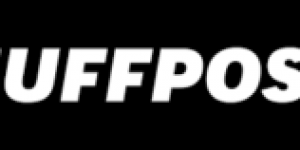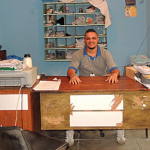Housing Team – The Housing Crisis How We Did It: Tracking Affordable Housing
No comments yetThe Bureau of Investigative Journalism. The Bureau is conducting a major investigation into Britain’s housing crisis.
The first phase, published in May, focused on the human and financial cost of rising levels of homelessness. It found that councils in the UK’s biggest cities spent almost £2bn on temporary accommodation, including B&Bs, in the past four years. It also revealed the extent to which London councils are re-housing vulnerable families outside their own borough boundaries, sometimes to boroughs on the outskirts of the capital or even beyond.
The second phase of work focuses on one of the root causes of the housing crisis: the shortage of affordable homes in the UK. The Bureau’s housing team – Nick Mathiason, Will Fitzgibbon, Victoria Hollingsworth, Jude McArdle and George Turner – aimed to track the levels of low cost housing being built and how this falls short of local requirements. To assess this three datasets were compiled:
• The number of affordable homes planned as part of the biggest housing developments in 12 of the UK’s largest cities. The total numbers of affordable homes planned are measured against their local authority’s targets for this type of housing.
• The number of affordable homes built in one of Europe’s largest housing developments: the Vauxhall, Nine Elms and Battersea Opportunity Area in central London, where plans for 16,000 new homes are at an advanced stage.
• The number of affordable homes scrapped from property developments after appeals against legal obligations to provide such housing.
Read more: http://www.thebureauinvestigates.com/how-we-did-it-tracking-affordable-housing/
You May Also Like
Comments
Leave a Reply






